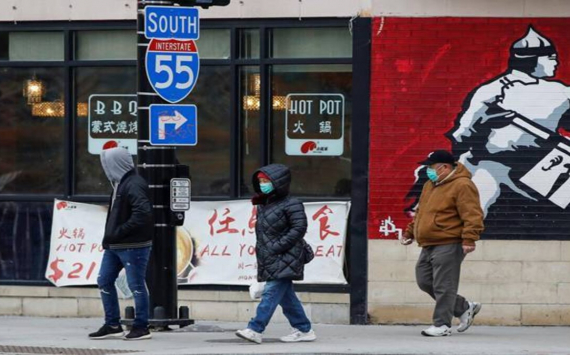
Lifting restrictions
As of 1 July, the city should fully return to its pre-Soviet life. This was announced today by New York City Mayor Bill de Blasio.
According to his schedule, restaurants, stadiums and museums will be 100 per cent open this summer, schools will fully open in the autumn and Broadway theatres could open in September.
The reopening comes 16 months after city life was completely paralysed by the coronavirus pandemic. The Mayor urged New Yorkers to continue to get vaccinated so that what he called "the summer of New York" can take place.
Questions remain about whether and how Governor Cuomo would need to be involved in the plan. Throughout the pandemic, all restrictions have been set by New York State, often with stricter rules set for New York City than for the rest of the state. A statement from Mayor Bill Neidhardt's spokesman for the New York Times said, "We have a plan in place, and we will back it up with a surge in vaccinations and a reduction in the number of cases. If anyone wants to deny this, let's discuss it publicly. We are confident we will win this debate".
If all the changes planned for July 1 do take place, the following sectors will be able to operate at 100 per cent capacity:
- Restaurants and bars
- Shops, shops and small businesses
- Hairdressing and beauty salons
- Gyms and fitness classes
- Stages and stadiums
- Theatres, music halls and museums
Currently, closed restaurant halls in New York City will be able to accept visitors if they are 50 per cent full (outside the city it has been increased to 75 per cent). Next month, New York restaurants and bars will no longer have curfews and bars will once again be allowed to sit. Also next month, the capacity of large indoor sports arenas may increase from 10 to 25 per cent and outdoor venues from 20 to 33 per cent. In addition, offices could increase capacity from 50 to 75 per cent, casinos and gaming facilities from 25 to 50 per cent and gyms outside New York City from 33 to 50 per cent. This week, the capacity of museums and zoos was increased to 50 per cent and that of cinemas to 33 per cent.








